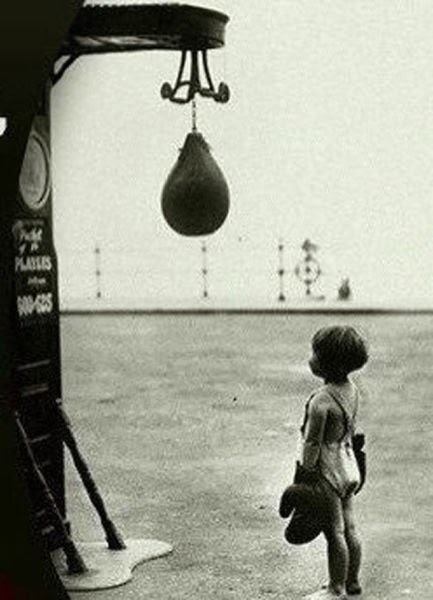
Einstein is reported to have said that only two infinities exist: the universe and human stupidity; he then expressed his doubts about the former. As a teacher I’m a great fan of ignorance, and hold both myself and my students accountable for owning up to our considerable share of unknowing. Without awareness of it, nothing you learn can be seen in proper focus, context and perspective. It gets even worse. Richard Whately famously said that “those who are unaware of their ignorance will only be misled by their knowledge.” Even truth is dangerous without the context of ignorance. But there’s yet more. Get the will involved, and things get abysmal. “A truth that’s told with bad intent / beats all the lies you can invent.” (G. Herbert)
Ignorance ought to be our friend; it becomes our enemy only in two situations: when we are unaware of it, and when it is willful. There is even an extreme, though benign, category of the thing known as invincible ignorance, that is, a lack of important knowledge, but one that you have innocently failed to overcome. Knowing this helps us to be patient with those still on the road to something we regard as evident. It’s a tricky notion, but a crucial reality in a complicated and confused world of truth-seekers. But in themselves, ignorance and stupidity are two very different creatures.
I have scored a number of memorable victories over ignorance in my decades of teaching; I seriously doubt I have ever so much as mounted a credible didactic offensive against stupidity. Probably it’s the sort of thing that simply cannot be done in the classroom. Ignorance is like darkness, and in it, light is welcome. Stupidity is like quicksand, and the more you move your mind to fight it, the more your thinking gets sucked into its intellectual asphyxiation.
The ignorant are capable of learning, as long as they acknowledge their unknowing and have a will that is docile. But there’s the rub. Docility in Latin (docilitas) just means the quality of being teachable. It requires that prospective pupils are 1) ignorant; 2) aware that they are ignorant; and 3) want to learn. The stupid lack 2 and, especially, 3. If you just lack 2, there is hope. Being ignorant and thinking you know (erroneously) is a condition still open to therapy. That is, after all, the whole thrust of Socrates’ maieutic: teaching us to know that we do not know, and thus, paradoxically, to step into the light.
Those who wrongly think they know, but are still open to learning, can be taught. That doesn’t mean it’s easy, for ignorance and bogus knowledge can aggregate into a complex of knots that only long dialogue and instruction (and a little prayer) can resolve. But that’s what teachers do, and once the knots loosen and the ropes of thought straighten, the bright face of a student seeing a truth for the first time is a great reward for any tutor.
However, if you lack the third quality, which is a matter of the will, long discussion and a perfectly marshaled army of words will never prevail against this amalgam of emotion, determination and manhandled meanings. For stupidity is precisely that: an unholy coition between ignorance and a will hardened against admitting anything that might threaten its chosen ideology. Despite appearances, willful ignorance is not of the same ken as invincible ignorance, for in this latter what is ailing is cognitive, and can be cognitively cured. In the face of the stupid, counterarguments can only hope to slightly shaken the walls of defense or motivate a shift in strategy, but they will never bring light to those whose darkness is willed.
What we have here is not just ignorance that has yet to be subdued by knowledge, but a gloom that has already neutered all possible ministrations of the intellect by an imperious mandate of the will. It is unconquered stupidity, immune to penetration from the world of being outside it (that is, after all, what true knowledge is all about). It can only be undone from within, from the Author who created that freedom we abuse to begin with. Fortunately for the stupid, he is omnipotent, and has been known to respond to prayer.


